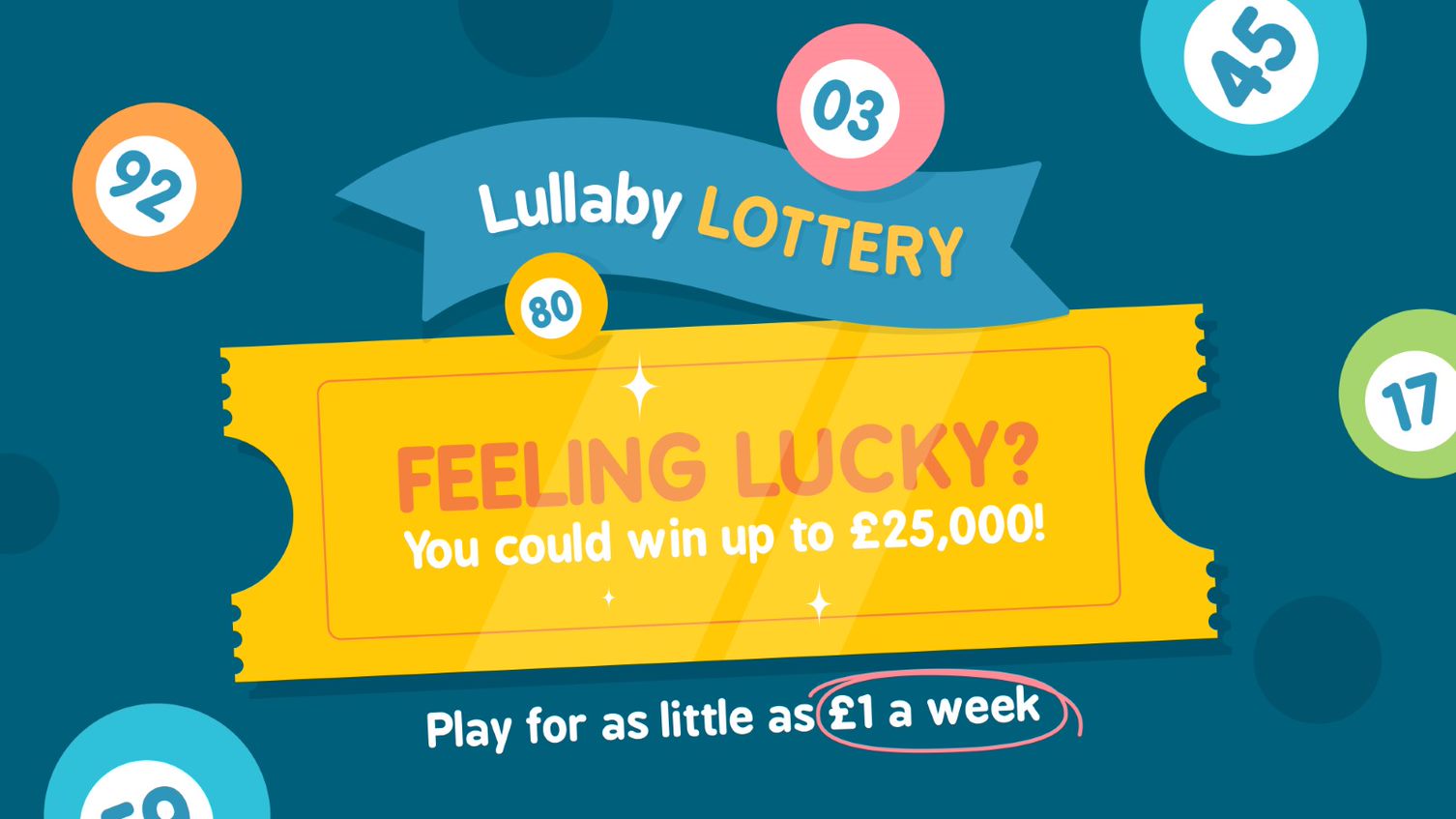
Lottery is a form of gambling that involves picking numbers for the chance to win a prize. The prize may be anything from units in a subsidized housing block to kindergarten placements at a reputable public school. While the casting of lots has a long history in human culture, a lottery that distributes cash prizes to ticket holders is only relatively recent. It is not without its problems, though, including negative consequences for the poor and problem gamblers. In addition, the promotion of gambling as a way to obtain public benefits has been questioned in some quarters, even if it does produce a few millionaires.
There are many different ways to play the lottery, and some of them offer better odds than others. For example, you can choose your own numbers or let the computer pick them for you. However, you should avoid selecting numbers that represent your birthdays or other personal information because these numbers are more likely to repeat. It is also a good idea to use multiple types of tickets, which can increase your chances of winning.
If you’re a math wiz, you might be able to develop some winning strategies on your own. The most common strategy is to look for patterns in past results and try to predict the next one. However, this approach is based on the assumption that you can predict what will happen in a random event, which is impossible. Moreover, it is important to understand that there are some types of combinations that are improbable and should be avoided at all costs.
It is also worth noting that the initial expansion of a lottery is often followed by a period of flat or declining revenues. This is due to the fact that lottery officials are constantly introducing new games in order to maintain or increase revenues. As a result, they often make decisions that are at cross-purposes with the overall public interest.
A few state governments have tried to address these issues by limiting the number of lottery-related bills that are introduced, but these efforts have been unsuccessful. Instead, state governments are relying on the proceeds from the lottery to fund their budgets, despite the fact that this practice is viewed by some as a hidden tax.
In the United States, lottery is a multibillion-dollar industry that contributes to public services and supports thousands of charities and other groups. While people play the lottery for a variety of reasons, many believe that it is their only chance to achieve financial security or improve their lives. For some, the lottery represents a form of insurance against the risk of losing their jobs or becoming disabled. However, critics argue that the lottery is a symptom of larger problems in society. They contend that the government is promoting gambling as a solution to social problems when it should be focused on reducing poverty and inequality. Moreover, they argue that lottery money is being diverted from other needs such as education and health care.
